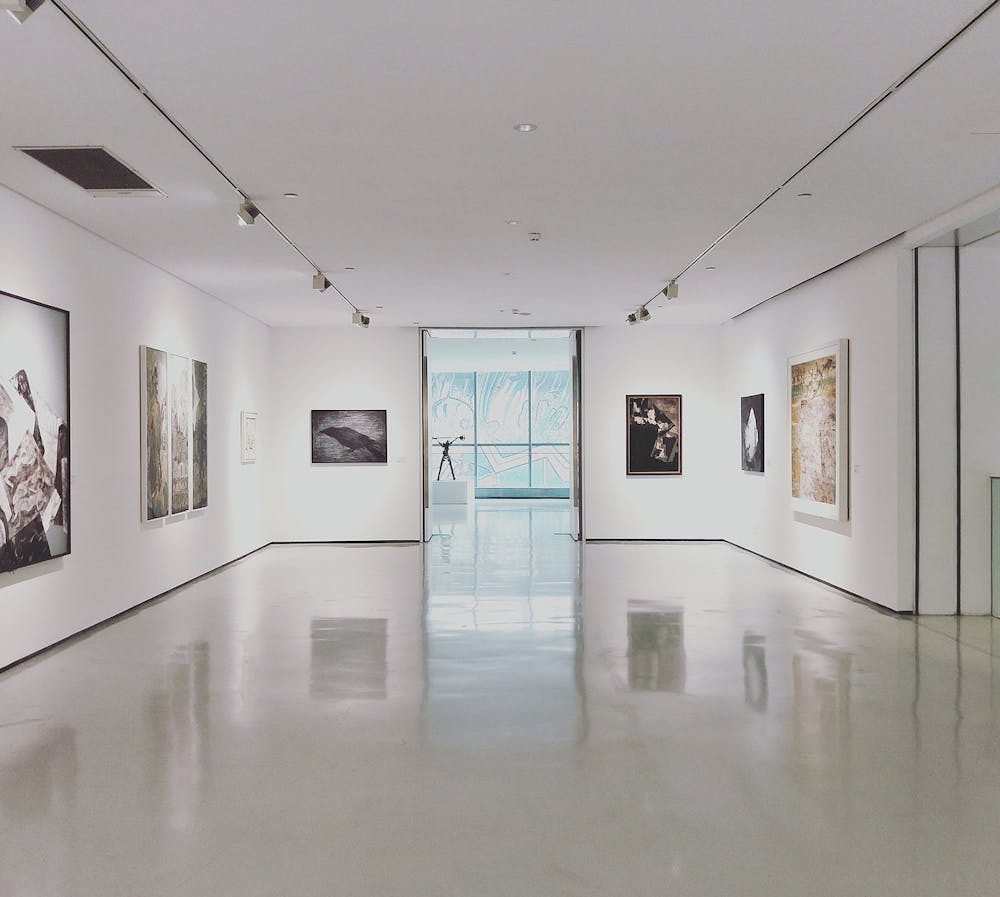In early 2020, freshman Isabell Sliwinski tried to bring a friend along to a dance class. The class was too expensive, which made Sliwinski realize the larger issue of inaccessibility in the arts.
As a lifelong artist, Sliwinski noticed what she called the “aura of elitism” in the arts which inspired her to create her nonprofit, Culturally Arts.
“Our work is to dismantle those elitist hierarchies,” Sliwinski said.
At 16 years old, Sliwinski founded a nonprofit that, less than two years later, gained hundreds of members around the world and offers programs to artists in their desired fields.
Culturally Arts offers free online classes taught by professionals in dance, visual arts, writing, music and other art forms. It also has opportunities for artists to share, publish, promote their work and teach networking and resume building.
Culturally Arts has its own social media network called "The Collective," which is accessible via the website. The Collective is a way for artists to connect with one another about opportunities in their fields; Sliwinski described it as “Instagram for artists.”
“The biggest problem [for] artists now is the lack of exhibition opportunities,” Sliwinski said. “Aspiring artists and young adults are trying to get started in an industry, and it is notoriously a hard industry to break into.”
According to Sliwinski, Culturally Arts focuses on helping artists break into the professional world by providing opportunities to people that don’t have access to arts. They also participate in international partnerships.
“We recently started a program doing a partnership with an educational institution in Dubai,” Sliwinski said.“Their students were able to pair with some of our members who had graduated from prestigious art schools like Yale or Pratt or [Savannah College of Art and Design] with international, first-gen low-income students who maybe aren’t in a big community of artists but are really passionate and really talented, to help get them into U.S. art schools.”
Culturally Arts has programs in many languages and hires internationally. Their entire operations run online, continuing their commitment to accessibility. According to Reporter, 77.6 percent of artists who manage to make a living by selling their work are white, as are 80 percent of all art school graduates. These are the kinds of numbers that Culturally Arts is trying to combat.
“There's very much this sense of elitism and hierarchies and with that comes a lot of artistic abuse and a lot of idea theft … A lot of historically marginalized groups … have shaped the art industry. Modern dance came from the Harlem Renaissance,” Sliwinski said.
Culturally Arts hopes to bring attention to the way marginalized people are often pushed out of the arts movements they create, Sliwinski said.
Juan Romero, director of public relations at Culturally Arts, is currently getting his PhD in Social Psychology at Université de Paris and found the international aspect of the nonprofit appealing.
“It’s easy for anyone in the world to get involved, whether they want to write or they want to submit a piece, or they want to be interviewed, or they want to participate and do internships and stuff,” Romero said. “Anyone can practically do it. There aren’t any boundaries, it doesn’t matter where you are in the world.”
Volunteers choose their own hours, and Sliwinski said that she will create a position for anyone who wants to be involved in a new way.
“We are really flexible and work into what you can contribute because we want you to contribute and we want you to have a fun experience and be able to come and work with us,” Sliwinski said. “Instead of saying, ‘okay, we need this for you to come and join us,’ we say, ‘what skills can you contribute?’”
Swilinski’s passion is backed up by business sense, something she’s been interested in since she was a child: “I feel like everyone has skill assets that they’re kind of more inclined toward … I was the person selling candy when I was six … I’ve always been really interested in entrepreneurship,” said Sliwinski.
Sliwinski used a combination of historical background and knowledge of the arts and modern business sense to make Culturally Arts what it is today. She began the nonprofit through social media marketing, which helped her spread her message and grow her business.
“If artistic careers are not being amplified today and we see the concept of the starving artist, then we won’t have documentation of our time,” Sliwinski said. “Do we want to be remembered by berries and cream TikToks or do we want actual stories and international cultural and heritage movements that can actually define our generation and define our time?”
Sliwinski pointed out that members of the nonprofit aren’t there for personal gain, but because they want to help fellow artists.
“Art is subjective in nature, so you are good enough because that is your piece,” Sliwinski said. “No one can tell you it’s wrong, whether it’s a dance movement or an art theory or something. While there’s that academic sense of what is correct, art is… the embodiment of the self, so it’s not wrong and we want to really promote those creative outlets.”





